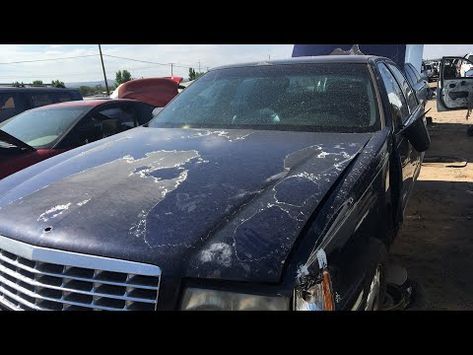Repair instructions
Why Is My Car Paint Peeling? Solutions and Prevention Tips
Summary
Car paint peeling can be attributed to various factors, including UV exposure, adverse weather, and harsh chemicals. To repair peeling paint, it’s essential to strip back the existing layers, properly prime the surface, and apply multiple coats of new paint. Regular maintenance, prompt repairs, and safe parking practices can significantly reduce the likelihood of peeling paint.
1. Understanding the Causes of Peeling Car Paint

1.1. UV Damage
Excessive exposure to sunlight can deteriorate your car’s clear coat, leading to paint failure. If your vehicle spends a lot of time outdoors, UV rays can cause significant damage over time.
1.2. Harsh Weather Conditions
Snow, hail, and extreme temperatures can also contribute to paint peeling. These elements can make the clear coat brittle, increasing the risk of cracking and peeling.
1.3. Chemical Damage
Using harsh cleaning products can strip away the protective layers of your car’s paint. Always opt for automotive-specific soaps and cleaners to avoid damage.
1.4. Improper Refinishing Techniques
Poor repainting practices can cause the new paint to fail to adhere properly, leading to peeling. Ensure that any repainting is done according to best practices to avoid future issues.
1.5. Bird Droppings
The acidity in bird droppings can harm your paint if not cleaned promptly. It’s crucial to address these spots as soon as they appear.
1.6. Tree Sap
Parking under trees can expose your car to sap, which can damage the paint. If sap hardens, it may necessitate careful removal to prevent further paint damage.
2. Repairing Peeling Paint on Your Car
2.1. Remove Each Paint Layer
To effectively repair peeling paint, start by sanding down to the primer layer. Avoid applying new paint over damaged layers, as this will only lead to more peeling.
2.2. Prime the Surface
Once sanded, apply a primer to ensure the new paint adheres properly. Skipping this step can lead to poor bonding.
2.3. Apply Two to Three Coats of Paint
Use thin, even coats of paint, applying two to three layers for durability. Ensure you match the paint color precisely to your vehicle.
2.4. Apply a Clear Coat
Finish with a clear coat to protect the new paint. Apply the same number of clear layers as you did with the paint, allowing adequate drying time in between.
3. Preventing Paint Peeling
3.1. Regularly Clean Your Car
Frequent washing removes debris and helps maintain the integrity of the clear coat. Consider waxing at least once a year for added protection.
3.2. Repair Any Scratches or Dents
Address minor scratches immediately to prevent moisture from penetrating the clear coat, which can lead to further peeling.
3.3. Park and Store Your Car Safely
Whenever possible, park your vehicle in a garage or shaded area to minimize exposure to the elements.
3.4. Invest in a Good Car Cover
If indoor parking isn’t an option, a high-quality car cover can offer protection against the elements and potential damage.
Maintaining your car’s paint is essential for preserving its appearance and value. By understanding the causes of peeling and taking proactive steps to prevent and repair it, you can keep your vehicle looking its best.
